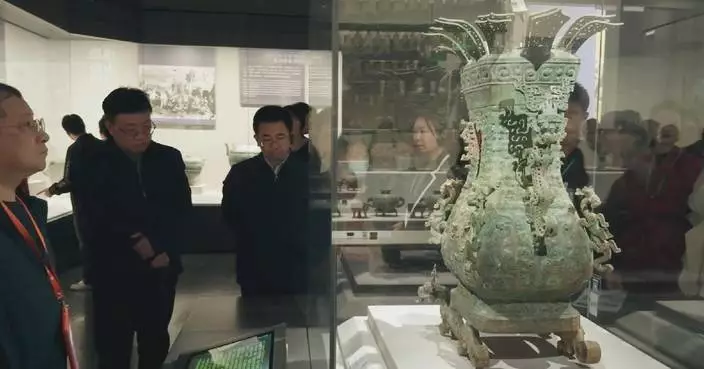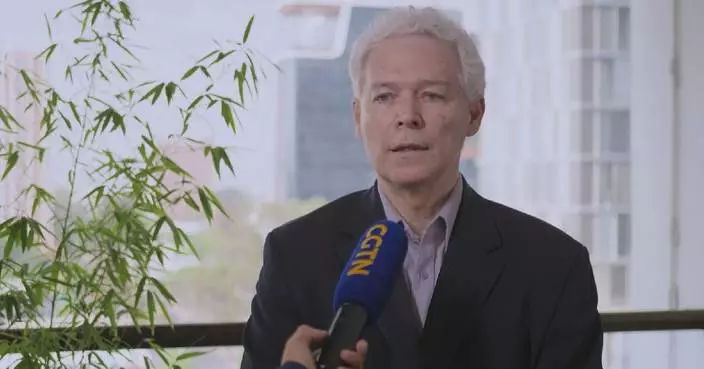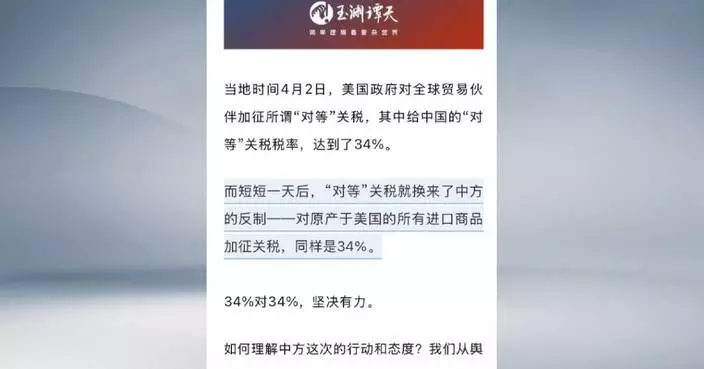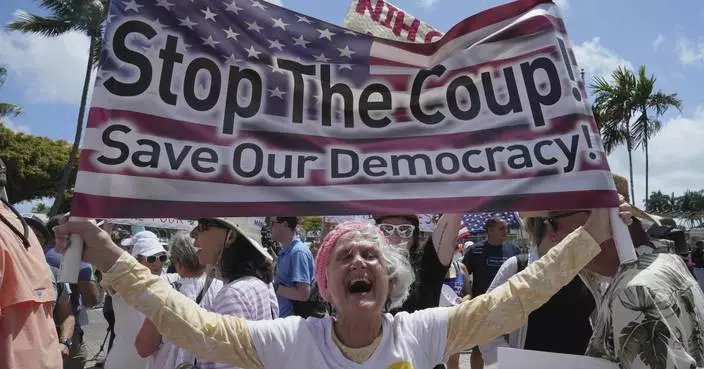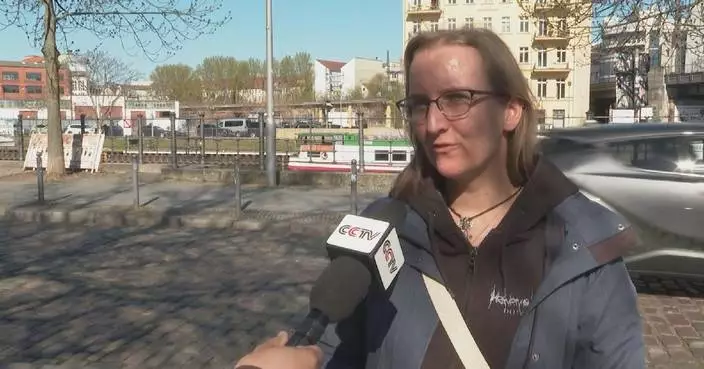The index tracking China's bulk commodity prices rose by 1.3 percent year on year to stand at 113.4 in March, according to industry data released on Saturday.
The index increased by 0.7 percent from February, marking the second consecutive month of growth and indicating a continued rise in production and operational activities of enterprises, the China Federation of Logistics and Purchasing noted.
By sector, the price index for non-ferrous metals, agricultural products, and mineral products all saw month-on-month increases.
Notably, the non-ferrous metal price index experienced a significant rise, expanding 2.2 percent from the previous month. This growth is a reflection of the ongoing expansion in related sectors, including new energy, high-end equipment and high-tech manufacturing industries.

China's bulk commodity price index up in March

China's bulk commodity price index up in March

China's bulk commodity price index up in March
The Dubai World Cup, renowned as the world's most expensive single-day sporting event with a 30.5 million U.S. dollar prize pool, concluded Saturday at Dubai's Meydan Racecourse.
With 102 elite horses from 13 nations and regions competing across nine races, the 2025 edition held in the capital of the United Arab Emirates (UAE) showcased a blend of elite horseracing and a unique "racing without gambling" business pattern that continues to redefine the sport's global appeal, and reinforces Dubai's vision of horseracing as a vehicle for economic diversification.
The grand event saw Qatar's "Hit Show" triumph in this year's main event at Meydan. Hit Show, owned by Wathnan Racing, ridden by Florent Geroux and trained by Brad Cox, prevailed over eight top competitors in 2:03:50 minutes, earning 6.96 million U.S. dollars.
"Romantic Worrier", one of the three horses from China's Hong Kong, nearly missed victory and won the second place in the "Dubai Turf" race for purebred thoroughbreds of the first category, the 7th round of the Dubai World Cup 2025. It won a cash prize of one million U.S. dollars.
Unlike other major horse racing events reliant on gambling revenues, the Dubai World Cup thrives on sponsorships, tourism, and media rights. "Look the camera left and right, you can see that the place is packed. And this is a big revenue-generating aspect for horse racing. It's becoming more and more of a family gathering, a place where people come to enjoy not only horse racing, but also other facilities that we have, including food and beverage," said Ali Al Ali, chief executive officer and board member of Dubai Racing Club.
Ticket sales reflected strong domestic and global interest, with 54 percent of purchases coming from within the UAE and 46 percent from high-net-worth racing enthusiasts abroad.
The influx of visitors led to a surge in luxury hotel bookings and a windfall for high-end retailers, who capitalized on the event's glamorous atmosphere and exclusive shopping experiences. Beyond its on-track spectacle, the Dubai World Cup continues to thrive as a commercial powerhouse, with broadcast rights serving as a major revenue driver.
The event attracts around one billion viewers worldwide each year. A total of 37 broadcasters covered the event to 170 countries and regions this year, creating a record high, which further cemented its reputation as one of the most-watched horse racing competitions globally.

Dubai World Cup 2025 draws global horse-racing elites







